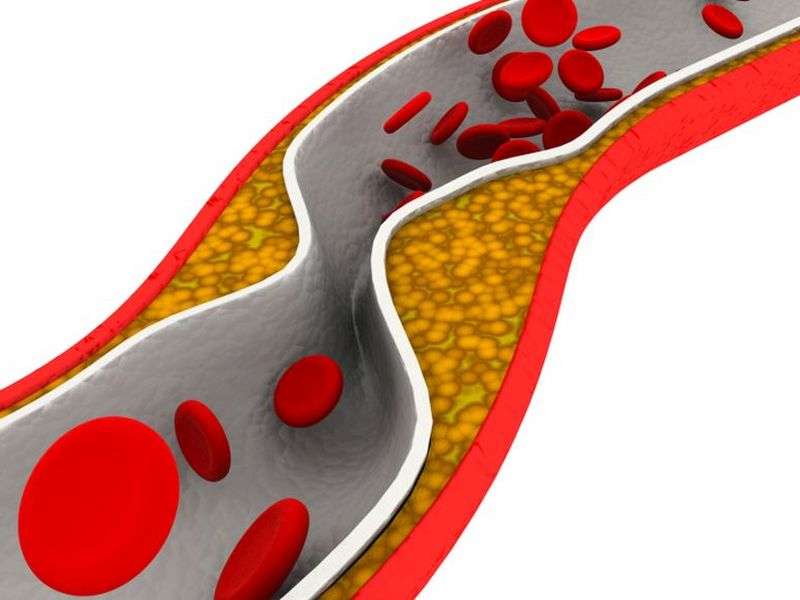(HealthDay)—For patients with type 2 diabetes and coronary artery disease (CAD), coronary artery bypass grafting (CABG) plus optimal medical therapy (OMT) is superior to percutaneous coronary intervention (PCI) plus OMT, according to a study published in the Sept. 6 issue of the Journal of the American College of Cardiology.
G.B. John Mancini, M.D., from the University of British Columbia in Vancouver, Canada, and colleagues examined the effect of OMT with or without PCI or CABG on long-term outcomes in patients with type 2 diabetes and stable CAD. The authors conducted a patient-level pooled analysis in three federally-funded trials.
The researchers found that CABG + OMT was superior to PCI + OMT for the primary end point (composite of death, myocardial infarction [MI], or stroke; hazard ratio [HR], 0.71; 95 percent confidence interval [CI], 0.59 to 0.85), death (HR, 0.76; 95 percent CI, 0.60 to 0.96), and MI (HR, 0.50; 95 percent CI, 0.38 to 0.67) during a median follow-up of 4.5 years, but not for stroke (HR, 1.54; 95 percent CI, 0.96 to 2.48). Compared with OMT alone CABG + OMT was also superior for prevention of the primary end point (HR, 0.79; 95 percent CI, 0.64 to 0.97) and MI (HR, 0.55; 95 percent CI, 0.41 to 0.74). In patients with three-vessel CAD and for those with normal left-ventricular ejection fraction, CABG + OMT was superior to PCI + OMT for the primary end point (HRs, 0.72 [95 percent CI, 0.58 to 0.89] and 0.71 [95 percent CI, 0.58 to 0.87], respectively).
"CABG + OMT reduced the primary end point during long-term follow-up in patients with type 2 diabetes and stable CAD, supporting this as the preferred management strategy," the authors write.
Several authors disclosed financial ties to the biopharmaceutical industry.
More information:
Full Text (subscription or payment may be required)
Editorial (subscription or payment may be required)
Journal information: Journal of the American College of Cardiology
Copyright © 2016 HealthDay. All rights reserved.
























